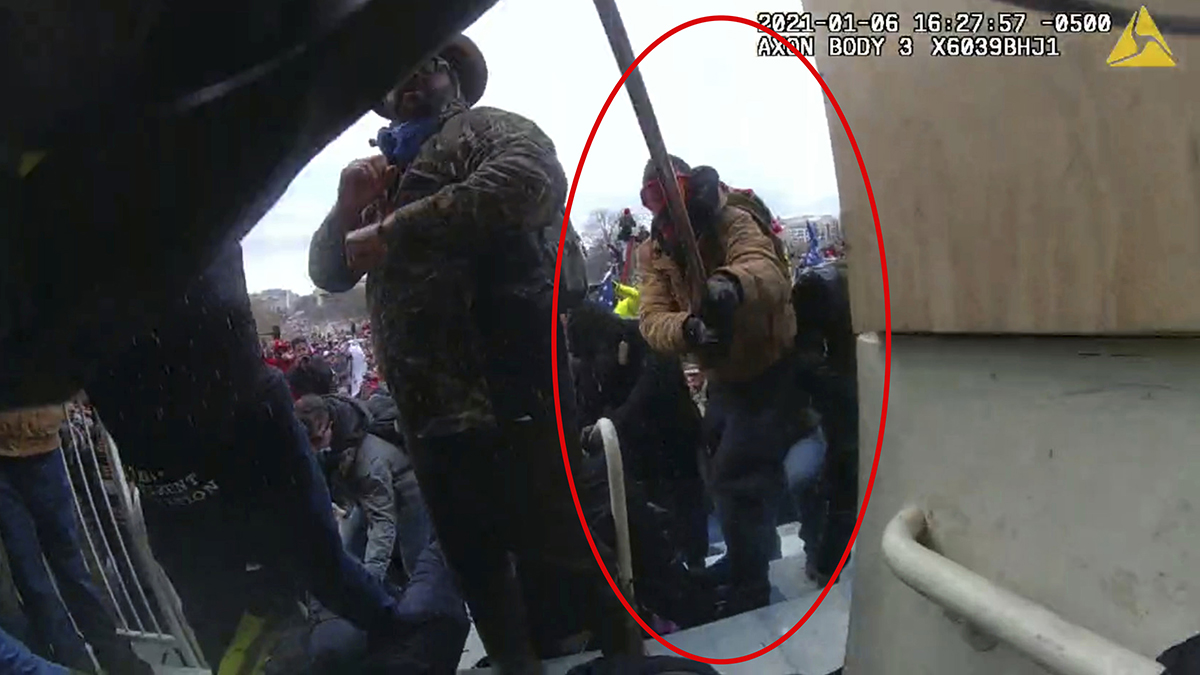They rode the El up from the South Side, 100 poor folks and neighborhood activists who belonged to a group called SOUL: Southsiders Organized for Unity and Liberation.
Filling most of the seats in the City Council chamber, they waited through two hours of boring city business, so they could stand up and show their support when the living wage ordinance they championed was introduced on the council floor.
Their moment never came.
A living wage ordinance was introduced in the City Council on Tuesday, but it was filed vewy, vewy quietly. On Wednesday, not one alderman dared to stand up and make a speech.
That’s because Mayor Daley, the man in charge of their microphones, is no friend of the living wage.
Here's why: the ordinance would require any large company that receives financial assistance from the city -- such as being placed in a TIF district -- to pay its employees at least $11.03 an hour.
In 2006, Daley used the one and only veto of his mayoralty to kill the so-called “big box” ordinance, which would have mandated a living wage and benefits for employees of stores such as Wal-Mart, Target and Best Buy.
“For 30 years, we’ve been operating on this idea that if we continue to give corporations public welfare, it’ll trickle down,” said David Hatch, executive director of SOUL. “It hasn’t.”
Politics
Outside the council chambers, SOUL’s president blamed the lack of public support on behind the scenes pressure from Daley.
“We would have liked to do more, but there’s stuff goin’ on,” Rev. Booker Vance told his group. “Your presence here, even though you didn’t stand up, was enough.”
Maybe not. According to Vance, this latest living wage ordinance is supported by 17 aldermen, not even a council majority. The big box ordinance passed 35-14. That was enough to override Daley’s veto, but the mayor twisted enough arms to make his disapproval stick.
This time, Daley won’t have to issue a veto. It sounds as though he’s got the council intimidated before it even takes a vote.



